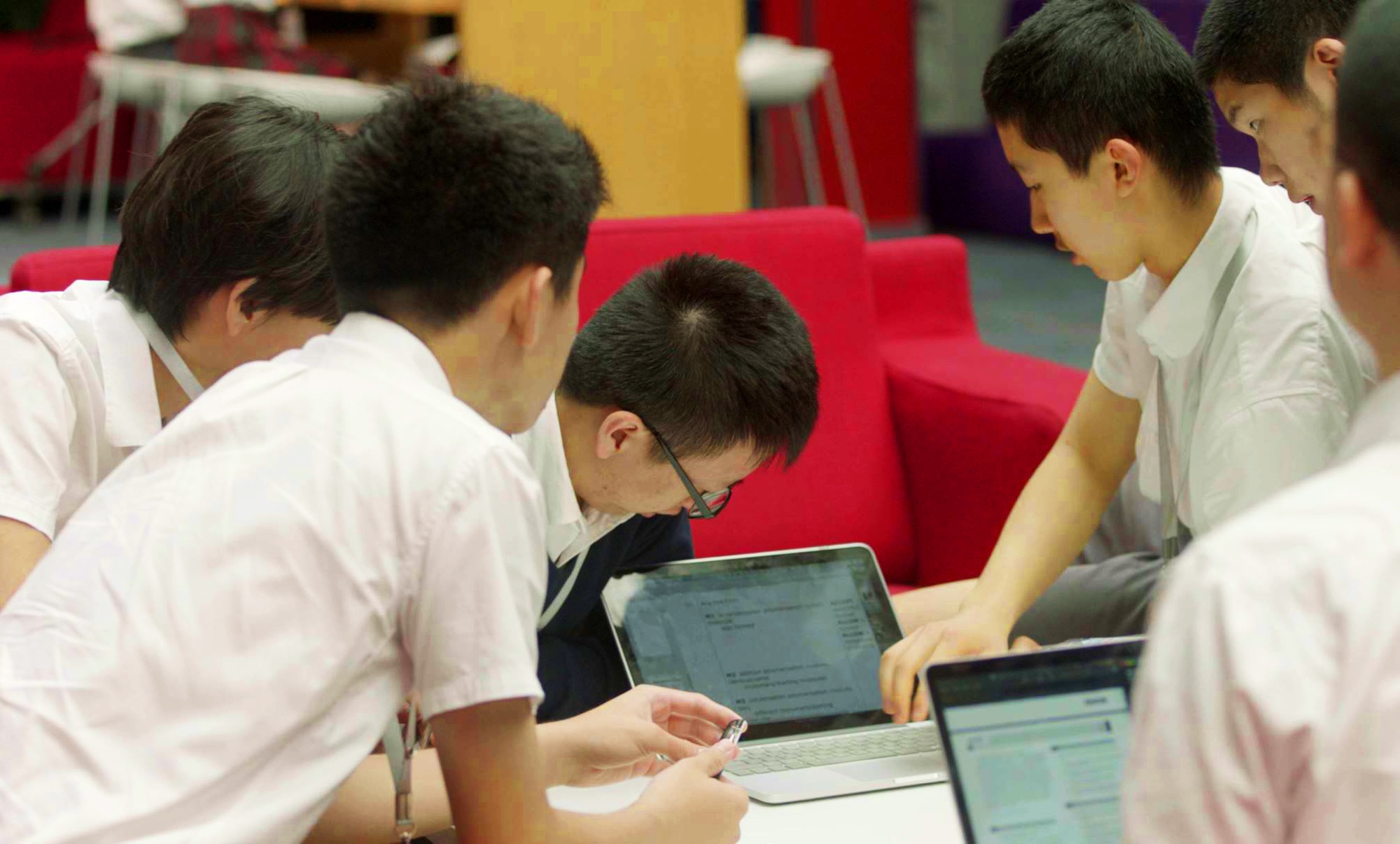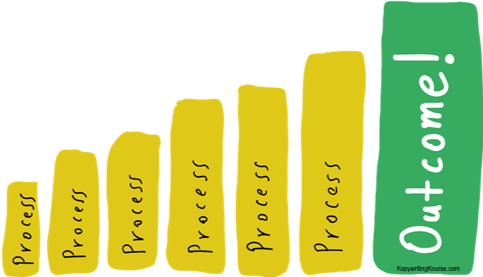Process vs Outcome - Benefitting Through Our eLearning Journey

The longer we go through our eLearning journeys, the more we keep asking ourselves and each other:
“When is this going to end and when can we return to normality?”
The harshest truths in these questions are, right now, we don’t know when we can return to DCB, and this, right now, is our new normal. For a large portion of the world’s population, remote schooling and working is the new standard with an unseen finish line.
We will, of course, head back to the place we all miss so badly, but for now, research demonstrates that focusing on the process is an absolute must. Now is the moment to let go of the outcomes that are beyond our control.

Pressure and stress when thinking to the future
According to Moore, 2018, pressure isn’t real; it’s just the stress we put ourselves under in our thought process. Pressure, in this understanding, is the result of limitations we put on ourselves to produce outcomes we don’t control (Rogers, 2020). When we focus on the outcome, we begin to expect things that are out of our control, which sets us up for failure and causes a greater sense of anxiety through the fear of the unknown. We certainly can’t control when the local authorities will allow us to walk the corridors of DCB, and we can’t control what examination boards are going to award our examination year students. What we can control is our mindset to eLearning and relish the process.
“You can only control the controllables…”
The major factor when considering what is most helpful to us between process and outcome is the reality that outcomes are out of our control. As long as the outcome is your focus, you’ll continue to waste precious energy on something you can’t control. It’s not easy. But when you choose to focus on the process — your daily choices, your attitude, your actions, your mindset — you shift your focus onto the things you can control. That’s what will upgrade you from ordinary to extraordinary (Moore, 2018).

“Champions aren’t made in the ring; they are merely recognised there.” – Joe Frazier, Heavyweight World Boxing Champion
True champions don’t wait for inspiration to train or do the work. They just do it, make it happen and thrive off the prospect of bettering themselves (Moore, 2018). By focusing on the process, putting in the work, day in and day out, they become stronger, faster, more focused, and more skilled. Commitment to honing their craft can be lonely, boring, and tedious. This could be said about our eLearning journeys at times. Staring exclusively at a screen for hours is neither healthy nor productive. That’s why it is so important to take your self-care breaks, exercise regularly, be creative and spend time with loved ones. Connect on a human to human level as much as you can.
So how do we move forward and focus on the process, not the outcome?
It’s easier to love the process when you live in the present moment. If you’re always concerned about outcome, then you’re living in a future that doesn’t exist yet and can’t control. When we’re process-oriented in our work, we’re focused, persistent and alive in the moment, which ultimately helps us achieve peak performance (Rogers, 2020). If you’re focused only on the outcome, you may prevent yourself from fully immersing in the process (Moore, 2018), which is another way of saying that you’re preventing yourself from fully immersing in life. Learn to love the process one moment at a time and let the outcome take care of itself.
“Every day, check these 4 boxes: Have I improved 1% on physical, emotional, mental, and spiritual health?” – (Altucher, 2018)








